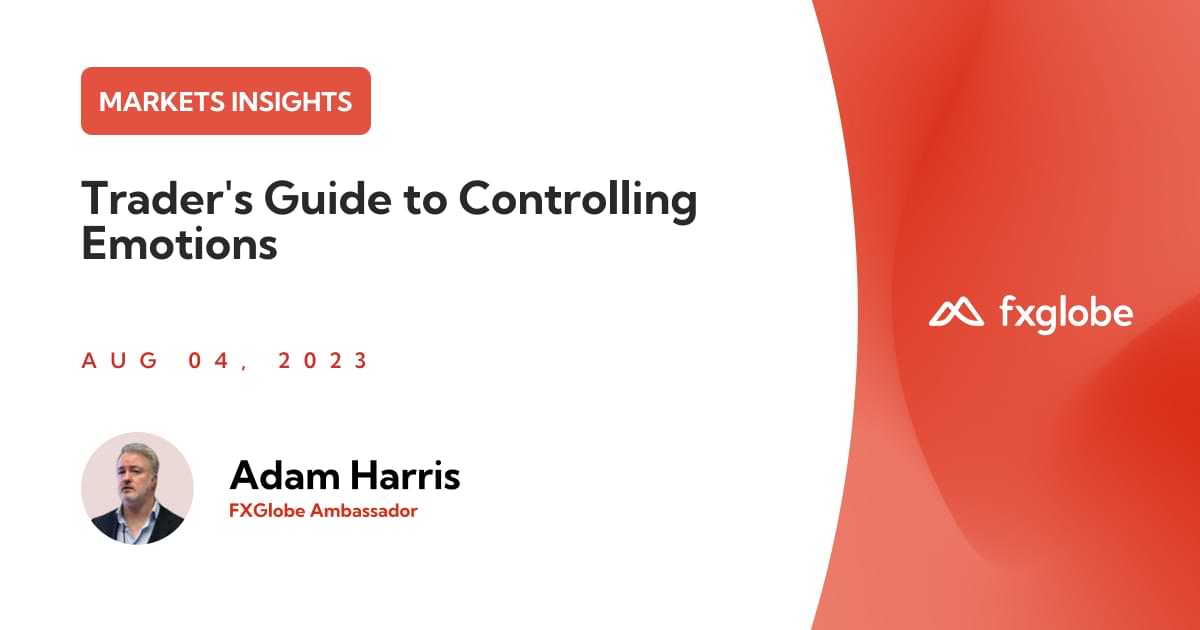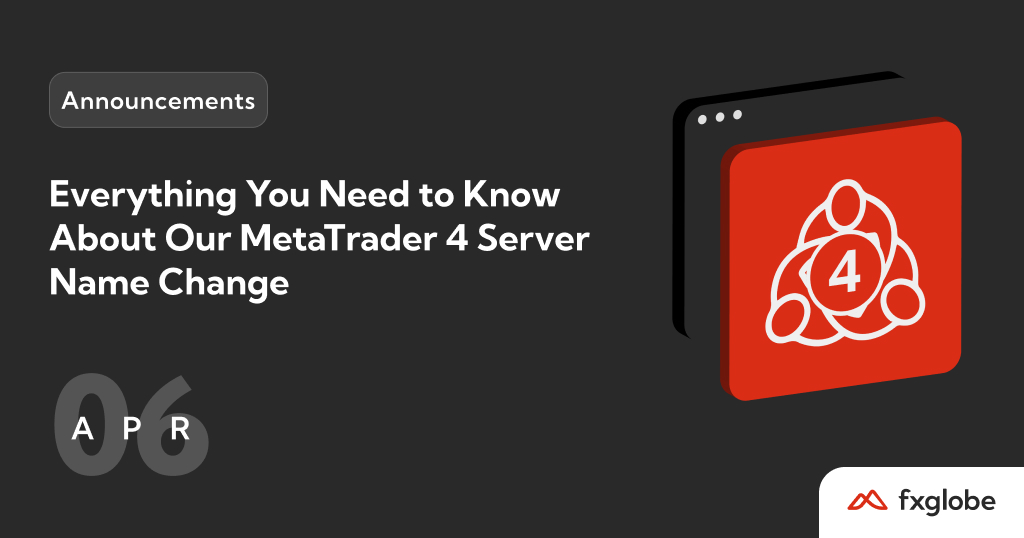Trading is an emotional rollercoaster. Between the highs of winning trades and the lows of losses, it’s easy to let emotions hijack sound decision-making. This guide will help you master your emotions so you can trade with ice-cold calculation and consistency.
Identifying Your Emotional Triggers
Emotions rise quickly in trading, catching us off guard. By identifying your emotional triggers ahead of time, you can sidestep those pesky knee-jerk reactions.

Analyzing Your Trades
After each trade, record details in a journal—entry price, exit price, what worked, what didn’t. Look for patterns over time to spot your triggers. As yourself:
- Did a losing streak spur impatience or desperation?
- Did a hot winning streak lead to complacency or overconfidence?
- What market conditions or price action frazzle you? High volatility? Break of support?
Master trader John Murphy once wrote, “The successful trader needs an edge in the marketplace. One of the greatest edges is psychological.” Know your triggers to diffuse their power.
Tracking Your Emotions
Complement trade analysis by tracking your emotions in real time. One simple technique is to rate your emotional state during the trading session on a 1 to 10 scale: 1 being cool as a cucumber, and 10 being super stressed. Record these ratings throughout the day.
This builds self-awareness. Maybe you notice frustration rising through the morning, reaching a boiling point after lunch. Or confidence sinking steadily from early optimism. Once you identify these patterns, you can better manage your state of mind.
As psychologist Brett Steenbarger reminded traders: “It’s not what happens to you, but how you respond that determines your success.”

Takeaway: Track your trading emotions in real time to build self-awareness and better manage your state of mind.
Controlling Fear and Greed
Fear and greed are like trading’s version of yin and yang — opposites that feed each other in a vicious cycle. But guess what? With some smart trading psychology techniques, you can tame these wild emotions.
Cultivating Discipline
Discipline acts like an emotional shock absorber. Don’t rely on motivation—cultivate discipline through routine.
- Trade the same hours each day to establish a rhythm
- Follow a detailed pre-market and intraday checklist
- Commit to your stop losses… no matter what!
- Limit screen time to stay focused
As billionaire investor Paul Tudor Jones put it, “No matter how you cut it, there are enormous emotional ups and downs involved.” Routine builds consistency.
Takeaway: Discipline is essential for success in trading. It helps you to stay calm under pressure, stick to your trading plan, and manage your risk.
Adopting Money Management Habits
With money management techniques, you can remove emotion from your trades.
- Always size positions based on your account size and risk tolerance, not feelings about the trade
- Limit yourself to a maximum of three open trades at any time
- Move stop losses to breakeven after a 1:1 risk reward is achieved
- Withdraw profits regularly so they can’t evaporate in emotional revenge trading
In the words of trading great Ed Seykota, “The elements of good trading are: (1) cutting losses, (2) cutting losses, and (3) cutting losses.” Manage money, manage emotions.
Building Confidence in Your Strategy
Second-guessing yourself is toxic. Build an airtight trading strategy and unflinching confidence will follow.

Tracking and Reviewing Performance
Save your trading statements and review them monthly. Look at your win rate, payoff ratio, and biggest winners and losers. Identify strengths and weaknesses in your strategy. Fine-tune based on hard evidence, not emotion.
Bruce Kovner, the legendary commodities trader, noted “Novice traders place tremendous importance on being right. Successful traders know they will be wrong on many trades. Success is measured by how they react to being wrong.” Review past trades with a clinical eye.
Continuously Innovating and Improving
As markets evolve, new techniques emerge. Keep innovating so your strategy doesn’t grow stale.
- Study books on trading psychology and implement new mental habits
- Backtest new indicators or technical signals
- Attend seminars and courses to gather fresh perspectives
Mike Bellafiore of SMB Capital put it this way: “Winning traders typically are constantly tweaking their trading strategies, looking for an edge in every market cycle.” Stay hungry.
Creating Habits and Routines
It’s those daily habits that set winning traders apart from the pack. Develop routines that support your trading mindset.
Defining Goals and Expectations
Each week, define specific profit targets, loss limits, and skill goals. This focuses energy on a productive direction. In the words of the renowned author Stephen Covey, “Goals are pure fantasy unless you have a specific plan to achieve them.”
Establishing Pre-Market and Post-Market Rituals
How you start and end your day primes you for success or failure.
In the morning, do 10 minutes of meditation or visualization. Picture remaining calm under pressure. Imagine executing trades flawlessly. As boxer, Mike Tyson once said, “I’m a dreamer. I have to dream and reach for the stars, and if I miss a star then I grab a handful of clouds.”
Likewise, have an evening routine to decompress. Go for a long walk, hit the gym, and listen to relaxing music. Trading legend Marty Schwartz emphasized: “If you can’t take a small loss, sooner or later you will take the mother of all losses.” Recharge your psychological batteries at the day’s end—every day.

Takeaway: Establishing pre-market and post-market rituals can help traders stay calm under pressure, focus on their goals, and learn from their mistakes.
In Summary
Emotions are always going to be part of the trading game. But with the tools in this guide, you can spot triggers, build discipline, and create confidence-boosting habits. Master your mindset, and consistent profits will follow. You’ve got this!












